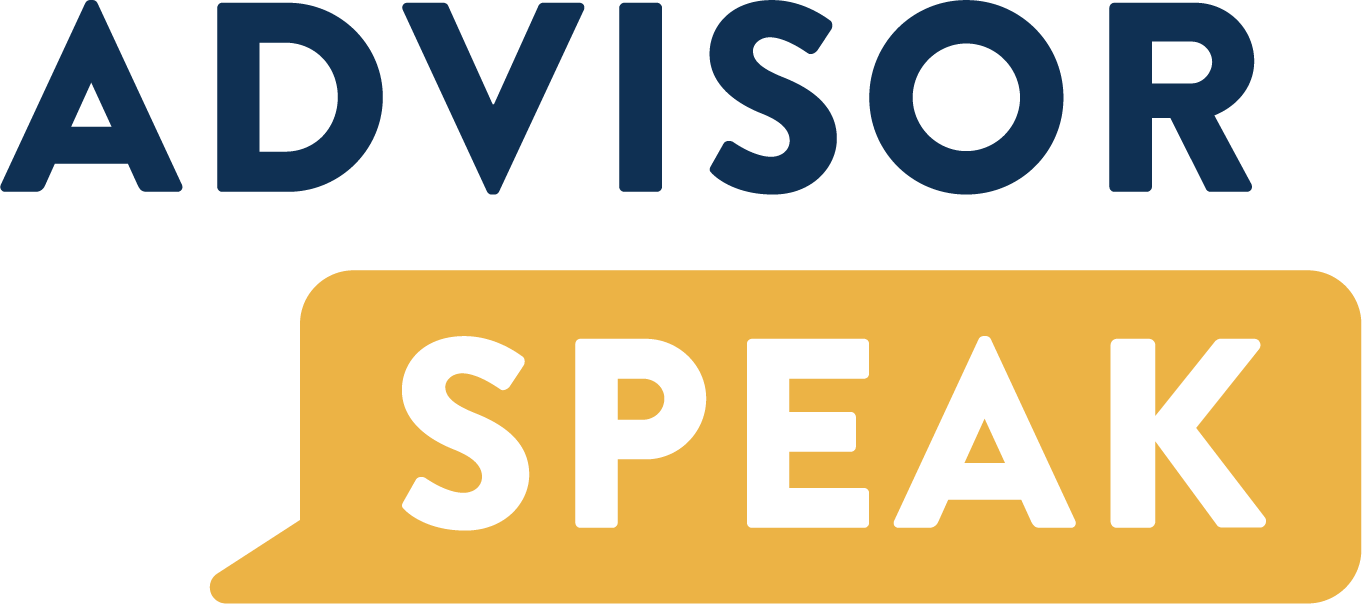Millennials @Work: Purpose Beyond Paycheck
The start of a new year often inspires us to reflect on our goals and identify the changes, big and small, we can make to help us get there. January is a month for re-assessment and rebalancing.
For many, especially those of us who are in our prime professional development years, this involves taking a hard look at the career path we’re on and evaluating whether this is really going to help us achieve those goals. We’re notoriously fickle when it comes to choosing careers – the data suggests that the average 18-34 year old switches jobs every 18 to 24 months. It isn’t hard to understand why some may view this as “entitled” behavior, but according to Millennials, job-hopping is primarily driven by the desire to achieve work-life integration. We spend almost 70% of our waking hours at work and retirement is a luxury most Millennials won’t be able to afford until well into our seventies. This helps us justify the search, as we continue to look for a work environment that caters to both our professional and personal objectives.
Millennials are having an unprecedented impact on the workforce, driving change in workplace culture, management processes, and the tools we use to get the job done. Companies that recognize this shift and are able to embrace a new environment will enjoy a huge competitive advantage when it comes to attracting and retaining the next generation of talent.
Here are some of the ways in which millennial values are transforming corporate culture:
1. Engaged by paycheck >>> Engaged by passion
With 79% of Millennials saying it’s more important to enjoy their job than to make money, this demographic is not motivated by a paycheck alone – they seek passion in their work. To engage Millennials for the long run, it’s critical to instill a sense of purpose in your employee culture. Millennials who feel part of a company that cultivates employee passion, will feel a greater sense of meaning in their work and ultimately be more productive.
2. Boss >>> Mentor
Start-ups founded by Millennials are popping up everyday: according to the Kauffman Foundation, Millennials launched roughly 160,000 start-ups a month in 2011. For companies to compete against these innovative, peer-centric environments, they need to move from a “boss” mentality to a mentor mentality. Millennials are drawn to leaders who invest in their team members’ success and will be more committed to a leader who is equally as committed to them.
3. Work life balance >>> Work life integration
Mobile technology has drastically changed workplace connectivity when compared to previous generations. It is no longer possible to separate work and home when your blackberry or smart phone continues to buzz with incoming emails at all times of the day or night. With 83% of Millennials sleeping with their smart phone next to their bed and 89% regularly checking work emails on their smart phone outside of normal work hours, it now takes a personal commitment to “unplug” from constant communication streams.
4. Job security >>> Skill development
Technology has given Millennials access to on-demand skill education and information at the touch of a button. As a result, they tend to place a greater emphasis on professional development and are more likely to go after opportunities that challenge them than positions that offer long-term security.
5. Influence through title >>> Influence through network
For Millennials, professional credibility is no longer determined by the title on a business card. Although Millennials appreciate the experience and responsibility that comes with a title internally, they place greater importance on the power of a leader to impact his or her environment. Peer referrals are the most trusted source of information for Millennials and they want to be part of a company that inspires a sense of community, both internally and externally.
6. Closed corner offices and cubicles >>> Open doors and co-working spaces
Millennials favor workplace culture that values collaboration over competition, and are attracted to environments that enable idea-sharing and cross-checking between employees, teams and departments. With less separation between life at the office and life at home, Millennials thrive in a workplace that prioritizes quality of life and employee culture as part of its design. Millennials are collaborative despite their independence and appreciate open spaces that break down the barriers of hierarchies or bureaucracies in favor of fostering a transparent team environment.
7. 9 to 5 at the desk >>> Performance over presence
77% of Millennials say that flexible work hours are the key to boosting productivity within their generation. With the advancement of online portals, cloud storage, and video conferencing, it is in a company’s best interest to leverage the tools available to equip young talent to be able to get work done wherever, whenever. As long as employees are accountable for high-quality and timely work, giving Millennials the flexibility to work during hours that best fit their lifestyle will go a long way.
